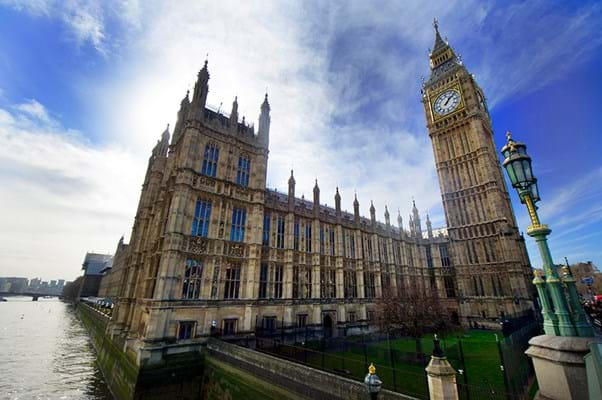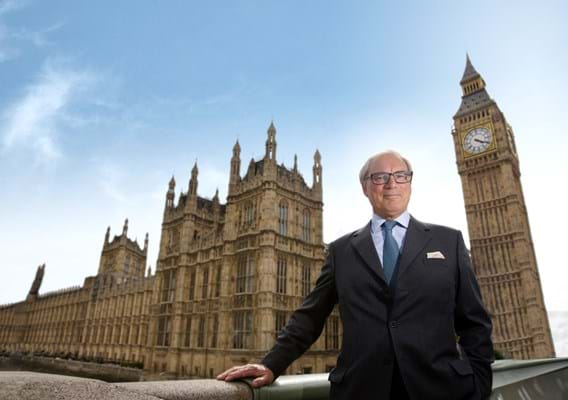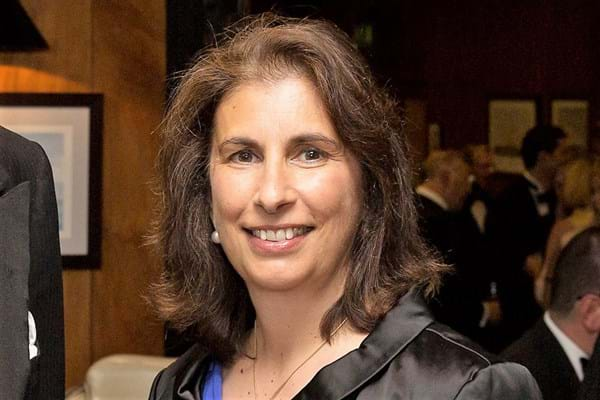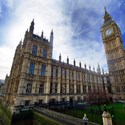Here, the industry shares its early reactions to Defra’s statement, which ATG published in the small hours of this morning (Tuesday April 3), that the government will introduce a ban on the UK trade in ivory, with small exemptions for antique ivory.
By the end of 2018, the UK will ban the trade in ivory of any age, with exemptions only for musical instruments with 20% of ivory, antiques with 10% of pre-1947 ivory and museum-quality objects with ivory.
Anthony Browne, chairman of the British Art Market Federation (BAMF):
Browne told ATG that although the ban and its exemptions will mean some antiques containing ivory will no longer be allowed to be traded, the exemptions represent significant protection for many objects such as portrait miniatures.
Defra’s announcement should be viewed, Browne argued, in the context that the antiques trade had been faced with "the very real prospect of an unqualified ban. It should be recognised that the NGOs were pressing for this and government was under pressure."
Browne said there are still details of how the exemptions will work and that government will be updating with further information, adding that BAMF is in discussion with Defra about the detail of the 'rarest objects' exemption.
Helen Carless, chairman of the Society of Fine Art Auctioneers (SOFAA) and chairman and managing director of Lawrences of Crewkerne:
“SOFAA is keen to support measures targeted at the elimination of the illicit ivory market which is leading to the elephant poaching.
"We welcome the fact that the proposed ban recognises the distinction between the market for ivory as a substance, which we agree needs to be eliminated, and the market for works of art whose significance lies in their status as works of art, not for what they are made of.
“We also welcome the exemption for miniature portraits and we await more detailed information on the proposed exemption for objects of rarity and significance.
“But we are concerned that the different level of de minimis between musical instruments (20% by volume) and other objects (10%) appears to be illogical and will lead to confusion. We consider that they should be brought into line.”
Mark Dodgson, secretary general, BADA:
“We need to bear in mind that the starting point for the Government was a manifesto pledge for an indiscriminate ban. Following intervention from trade bodies, the government has made exemptions for cultural goods, based on their consultation proposals, so we do welcome their acknowledgment that there should be a special place for heritage items.
“We do however question the 10% de minimis cut off, which is too low and is inconsistent with the 20% threshold for musical instruments.
“We will draw to the government’s attention the inconsistencies within its proposals, particularly concerning the low de minimis threshold.
“We will also seek to have input into creating a workable definition for the “rarest and most important” items exemption.”
Martin Levy, H Blairman & Sons (and campaigner for awareness of antique ivory’s cultural significance):
“The terms of the exemption appear more stringent than is necessary to achieve the government’s welcome efforts to stamp out poaching and illicit trade.
“I await details to see how the proposals will work in practice, and the extent to which the trade in bona fide works of art will operate.
“The 100-year ruling is illogical.”
Dealer, who asked to remain anonymous:
“The proposals could be seen to be unfair on dealers who deal in ivory other than miniatures, that is, Netsuke, walking canes, card cases and art deco sculptures. The list is endless.”
Bill Forrest of Roseberys Fine Art Auctioneers:
“If anything, the exemptions put forward will serve to give ivory a GREATER value in terms of a status symbol and a commodity. The ban misses the whole point and tragically, is unlikely to prevent any elephants from being slaughtered for their tusks.”
Michael Baggott, dealer and antiques TV presenter:
"A year ago I bought a George II sweetmeat fork from the sale of the collection of Bill Brown.
"In so many fields of the decorative arts no one will again be able to assemble those collections as so many of the objects will contain more than the 10% de minimis and shall not be deemed "exceptional" – the only criteria by which an object may now be saved, unless you can hold a tune on it.
"I doubt I will ever see the British Musuem and the V&A fight to acquire my little Georgian sweetmeat fork.
"If ever there was a time for this trade to begin to act and think as one, for pride and petty organisational differences to be put aside, for dealers, academics, museums and auctioneers to speak with a single, clear unequivocal voice, then that time is now.
"A terrible mistake has been made – born out of a sincere passion to do good, but a mistake nonetheless. If we only ever achieve one thing as a unified trade it must be to correct this terrible mistake."
















